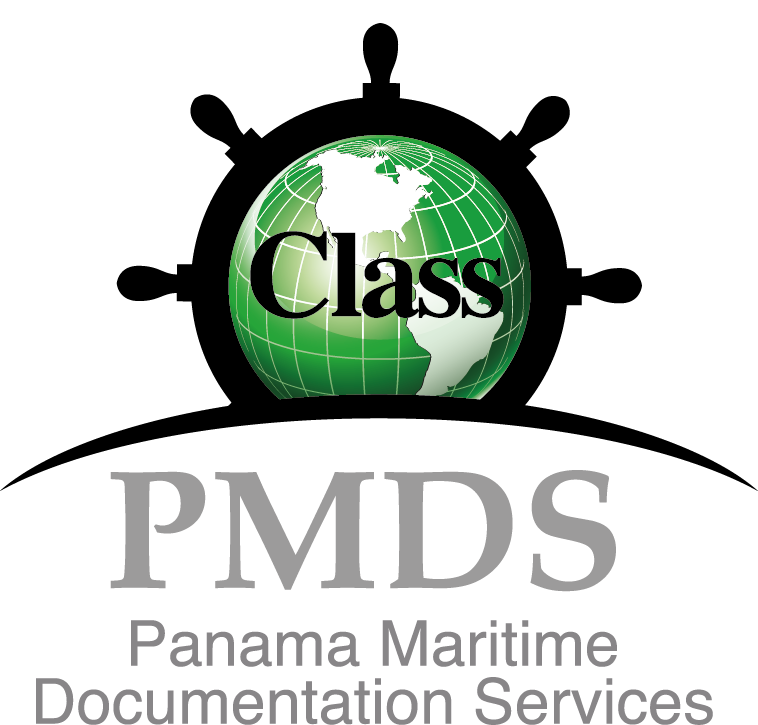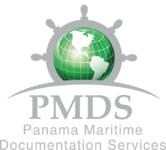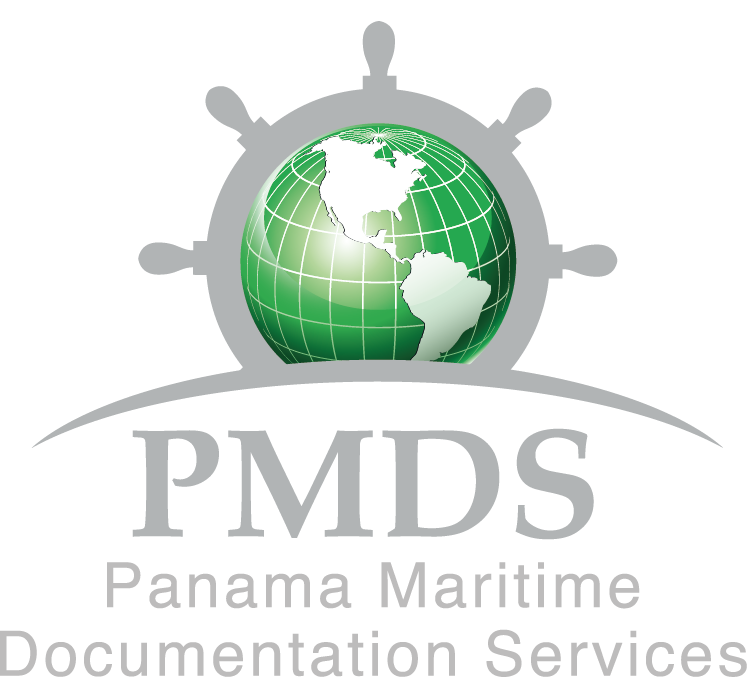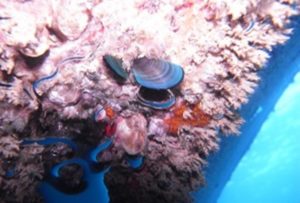
2023 Guidelines for the control and management of ship´s biofouling
MEPC, at its eightieth session, reviewed and adopted the 2023 Guidelines for the control and management of ships’ biofouling to minimize the transfer of invasive aquatic species, as set out in the annex to the Resolution MEPC.378(80).
The Guidelines are intended to provide useful recommendations for measures to minimize biofoulings for all types of ships. The Guidelines are directed at various stakeholders, such as ship designers, shipbuilders, anti-fouling paint manufacturers and suppliers, States, including environmental and regulatory agencies, classification societies, shipowners, ship operators, charterers, shipmasters, port authorities, ship cleaning and maintenance operators, inspection organizations, ship repair, dry-docking and recycling facilities, and any other interested parties.
In addition to the Biofouling Guidelines, the following frameworks are relevant for minimizing the transfer of invasive aquatic species:
.1 the International Convention for the Control and Management of Ships’ Ballast Water and Sediments, 2004 (BWM Convention), which aims to minimize the transfer of invasive aquatic species through ships’ ballast water and sediments; and
.2 the International Convention on the Control of Harmful Anti-fouling Systems on Ships, 2001 (AFS Convention), which addresses anti-fouling systems on ships and focuses on the prevention of adverse impacts from the use of anti-fouling systems and the biocides they may contain.
BIOFOULING MANAGEMENT PLAN
It is recommended that every ship have a ship specific BFMP under the responsibility of shipowners, ship operators and shipmasters. A BFMP may require information from ship designers, shipbuilders, shipowners, AFC and MGPS manufacturers, recognized organizations and suppliers.
An effective BFMP should contribute to the aim of maintaining a recommended fouling rating ≤1, as described in chapter 8 of Resolution MEPC.378(80).
BIOFOULING RECORD BOOK
The overall record-keeping of ship-specific biofouling management activities in a BFRB is the responsibility of shipowners, ship operators and/or shipmasters. The ship specific BFRB should include information on biofouling management actions with input from AFS manufacturers and suppliers, ship cleaning and maintenance operators, inspection organizations, and ship repair and dry-docking facilities when relevant.
It is recommended that the BFRB be retained on board for the life of the ship. The book should record details and reports of all inspection and maintenance activities to be undertaken for all hull and niche areas. The BFRB may be maintained physically or electronically, and could be a stand-alone document, or integrated in part or fully into the existing ships’ operational and procedural manuals and/or planned maintenance systems.
NEW BIOFOULING REQUIREMENTS FOR SHIPS CALLING AT AUSTRALIAN PORTS (more information here)
The Biosecurity Amendment (Biofouling Management) Regulations 2021 (biofouling regulations) entered into force on 15 June 2022. This introduced requirements for operators of all vessels to provide information on biofouling management practices prior to arriving in Australia.
An introductory period for these new requirements ended on 15 December 2023. Implementation is now focusing on transitioning to a business-as-usual approach, where operators of all ships will need to provide information on biofouling management practices prior to arriving in Australia.
Ship operators can demonstrate proactive management of biofouling by implementing one of these three accepted management options:
- Implementation of an effective biofouling management plan and record book.
- Cleaned all biofouling within 30 days prior to arriving in Australian territory.
- Implementation of an alternative biofouling management method pre-approved by the department.
We can provide support with the preparation of your vessel’s updated Biofouling Management Plan as per the IMO’s 2023 biofouling guidelines (MEPC.378(80)) and in compliance with Australian requirements.
Source IMO, Australia & LR
For additional information contact us : corporate@panamamaritime.com

 (507) 6780-7942
(507) 6780-7942
